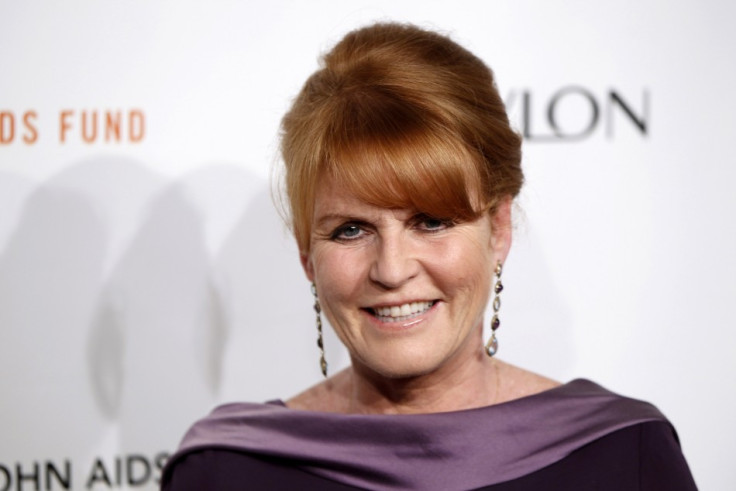How Sarah Ferguson 'turned disappointment into dollars'
"When it comes to tabloid scrutiny, Sarah is a living example of 'keep calm and carry on,'" says Kinsey Schofield.

Sarah Ferguson did not lead a fairy tale life when she married Prince Andrew. Quite the contrary, the media heavily criticised her but she learned to bounce back and used the criticism to her advantage.
Royal expert Hilary Forwich said that Ferguson "faced intense scrutiny and criticism from the press in the early years of her marriage to Prince Andrew." She "endured being ridiculed as the 'Duchess of Pork' and "was ridiculed for her weight, her ill-fitting clothes, and her lack of fashion sense with it being referred to as a 'no style zone.'"
Fordwich told Fox News Digital of the duchess, "While she has spoken at length about the judgmental cruel British press and the trauma the tabloids have caused her, she most certainly isn't the only member of the royal family to either have received such treatment or to have overcome the scrutiny and criticism. There is a sort of nuanced 'deal' with the press. The royals are expected to serve, to work hard and not to expect a constant flow of positive publicity."
Royal author Christoper Andersen chimed in and shared that Fergie "was pilloried in the press as crass, boorish, and unkempt" because of her personality. Comparing her to Princess Diana, the writer called the duchess "an original, a breath of fresh air, someone who for years was Diana's partner in crime, as it were — an outsider trying to shake up the stuffy royal establishment."
He shared that while Princess Diana "coped with a life-threatening eating disorder, the tabloids constantly ridiculed Fergie for being overweight." The appalling fat shaming reportedly "went on for years" and it was enough to harm someone's mental health.
Ferguson admitted during an appearance on stage earlier this month at the 92nd Street Y in New York to promote her new book "A Most Intriguing Lady" that she's "had a lot of mental problems." But she has "always managed to hide [them] very well."
The 63-year-old did so by pleasing other people and being overly generous with gift-giving. She confessed, "They can't love me. I have no self-worth, therefore I must over-compensate. And it's a thing I talk about very candidly."
Another royal expert, Kinsey Schofield, applauded Ferguson for her resiliency and called her the "living example of 'keep calm and carry on' when it comes to tabloid scrutiny." She noted that while the criticism hurt the duchess, "it also motivated her, and she turned that disappointment into dollars!"
The host of the "To Di For Daily" podcast said that Fergie "understands the mystique required to stay relevant. She has also become a pro at reinventing herself."
Meanwhile, Andersen said, "Whatever success Fergie has had was born out of necessity. When she divorced Andrew in 1996, Fergie had to accept a $20,000 annual settlement to appease the queen. Fergie suddenly had to fend for herself. At the time there was no internet, no social media, no Netflix, no influencers — none of the kinds of lucrative opportunities that Meghan Markle has so expertly availed herself of."
But she found her purpose after the divorce. She carved a career as a children's book author and even sold her own line of beauty products on QVC and "hit the lecture circuit." Andersen noted that "her ultimate revenge came in the late 1990s when she shed 50 pounds and began doing television commercials for Weight Watchers."
Fordwich added that the "hounding and taunting from the tabloid media" made Fergie "stronger and helped her transform herself, carving out her own identity as an author." The Duchess of York "learned to ignore the press and instead focus on her own goals and passions."
© Copyright IBTimes 2024. All rights reserved.






